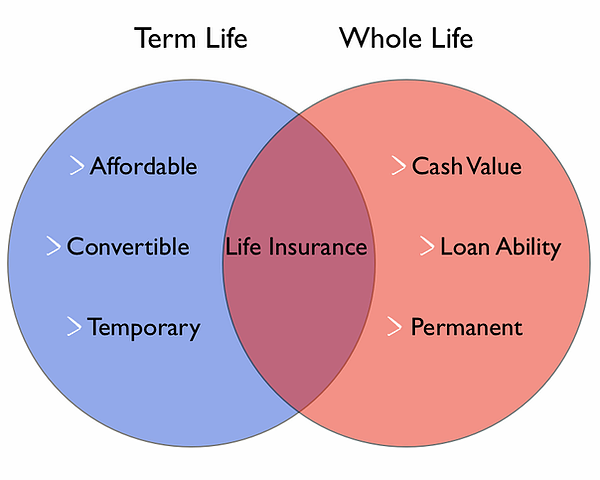Tue, Apr 20, 2021 4:00 PM GMT
Each year, as RRSP season draws to a close and tax season begins to ramp up, we get a lot of questions from high-income earners and business owners, including very successful mortgage agents and brokers who are frustrated either by being limited in their RRSP contributions or because they just wrote what felt to be a much larger check to the Canada Revenue Agency then they expected.
There are solutions to this dilemma, one of which is understanding the tax-free power that a properly structured life insurance policy provides. It’s possible to turn a tax-exempt, cash-value life insurance policy into one of the safest and most powerful assets in your portfolio.

Life insurance is by far the most misunderstood asset class in Canada. Most people only see it as a benefit to their dependents or their already successful family members. But almost all the wealthiest families in every industrialized nation in the world see this instrument as an asset to use for themselves, not just the next generation.
The biggest reason why wealthy families own life insurance is not because they need life insurance. It is because they understand the inherent value it provides as a tax planning tool and specifically, a tax-free living asset as they continue to build their family’s generational wealth.
If you’re a high-income earning mortgage pro or business owner, you can use life insurance to create tax-free growth, tax-free income and a liquid, accessible tax-free account during your lifetime. If that sounds familiar, it’s because all three of these benefits are what make a traditional TFSA so powerful; only this asset doesn’t come with a $6,000 annual deposit limit or need to be held in your personal name alone.
Whether you are incorporated or not, using life insurance as an asset gives you three critical advantages:
If you’re like most people, you are more focused on wealth creation than on wealth preservation. That makes access to your capital essential, which is especially true if you invest in private mortgages and real estate.
One powerful strategy that many of our clients use as they continue to accumulate their own family wealth is to use their policy as an asset that can be leveraged to build additional assets. If you own a business, invest in real estate, or fund private mortgages, this is a unique strategy for you. Why not consider flowing those same taxable dollars through a tax-free life insurance policy first, then right back out to the original investment or asset you were going to take advantage of in the first place?
Here's how it works. First, purchase a cash-value life insurance policy and then assign it to any major Canadian bank. The bank then lends you back 100% of your annual deposit, or 100% of your total cash value. You reinvest these proceeds into your business, real estate portfolio or investment of your choosing.
The exact same concept and rules apply to borrowing from real estate to invest in your business or other qualifying assets. You effectively use one source of capital to build two separate assets simultaneously, all the while ensuring that your family keeps as much of the wealth you have built over your lifetime as possible, without having to fire sale half of it to pay your terminal tax bill with the CRA.
This strategy ticks a lot of boxes for mortgage professionals: interest-only loan payments, a tax-free benefit to your estate/business, and the ability of incorporated brokers to use corporate funds and avoid paying personal tax rates.
If you’re looking for new ways to build wealth as tax efficiently as possible, this is an asset class worth understanding.
Source: Mortgage Broker News